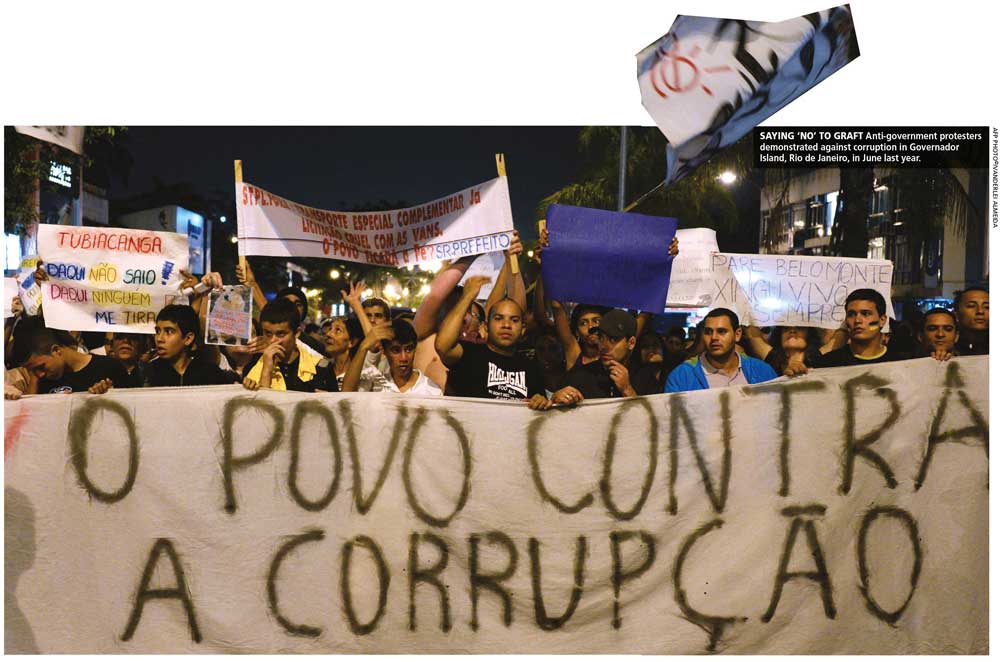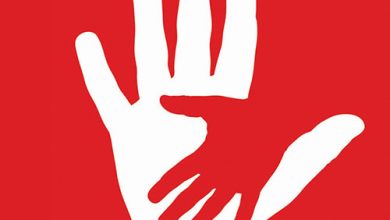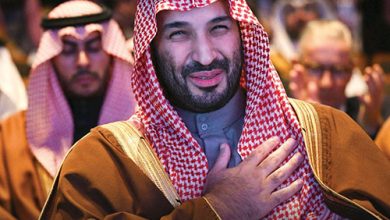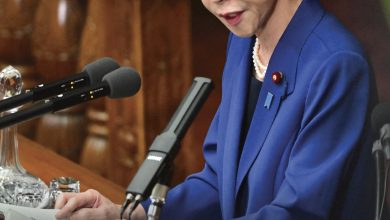
FIGHTERS TO THE CORE
Rajika Jayatilake watches anticorruption champs fight to clean up corrupt systems instead of whining about

The founder of Transparency International (TI) Peter Eigen asserts that “people should be conscious that they can change a corrupt system.” While most people shrug in despair and complain about corruption, the world has a few committed individuals who work to replace it with honesty and transparency.
To recognise this heroic trait of swimming upstream, the US Department of State honours outstanding corruption fighters across the globe every year. At the 2023 Anti-Corruption Champions Award Ceremony in Washington D.C., the State Department honoured the grit and determination of 11 outstanding corruption fighters. They included reporters, state practitioners and civil society activists. Speaking at the ceremony, Secretary of State Antony Blinken said: “A key part of combatting corruption is working to reform corrupt institutions from within, wherever possible… Corrupt officials and their partners are constantly borrowing from each other’s playbooks… Governments, organisations, citizens committed to fighting corruption need to do the same thing.”
Among the heroes honoured was Moldovan Minister of Justice Veronica Mihailov-Moraru who relentlessly cleaned up her country’s judicial system of corruption. Mihailov-Moraru now leads the ministry she reformed.
Indian activist Nikhil Dey, who fought for 35 years to empower subcontinental workers through policy reform, was also recognised. So was Belarusian journalist Stanislau Ivashkevich – for risking his personal safety and withstanding intense government pressure, even as he exposed state and corporate corruption.
The spotlight was also on former chief investigator of the Liberia Anti-Corruption Commission (LACC) Marc Kollie. Despite losing his job, and facing serious danger to his family and himself, he fearlessly exposed high-level bribery and corruption among Liberia’s powerful politicians.
Francisco Belo Simões da Costa of Timor-Leste was recognised for exposing corruption in a Beijing funded project. This led to bribery charges being brought against a sitting government minister.
On the list was also outstanding corruption fighter Jean-Claude Mputu of the Democratic Republic of the Congo (DRC) whose eloquent voice exposed billion dollar corruption losses in the mining sector.
Chief Special Prosecutor in Montenegro Vladimir Novović was honoured for his years long fight to expose corruption in government. He targeted high profile individuals and even had the former president of the supreme court (among others) indicted.
Media entrepreneur Annette Planells’ commitment to fighting corruption in Panama – despite retaliatory lawsuits and government intimidation – was also recognised by the US State Department.
Her victories included a five year prison sentence for a corrupt former chief justice of Panama’s supreme court.
The contribution to Seychelles’ future by Commissioner of the Anti-corruption Commission Seychelles May De Silva was recognised, as well her reaching out to external allies such as the FBI and other investigators, and introducing civic engagement to the country’s youth.
Ecuadorian investigative journalist Arturo Torres Ramirez was rewarded for his hard-hitting published research on drug trafficking, corruption and the exploitation of Ecuador’s natural resources. Though a judge had sued him to the tune of US$ 5 million for defamation, Torres ultimately won the case.
Journalist Ali Toktakunov also graced the list as one of the most effective and visible anticorruption advocates in the Kyrgyz Republic. His exposure of corruption in Kyrgyzstan brought on lawsuits, cyberattacks, harassment and even serious death threats.
The US State Department honours such anticorruption champions as the impact they have on their communities is monumental – this despite the increasing magnitude of global bribery and corruption.
Popularly quoted World Bank estimates include one trillion dollars paid in bribes and an annual loss of US$ 2.6 trillion to global corruption. This represents five percent of the world’s GDP being lost to bribery and corruption – a figure that’s most likely to be higher in reality.
The magnitude of this scourge is that of the 8.1 billion people living in the world today, over six billion live in countries with endemic corruption. Particularly vulnerable is global infrastructure development with 30-50 percent of a nation’s infrastructure expenditure going down the tubes due to corruption.
This extensive outreach of corruption’s tentacles has led to the formation of diverse strategies, often multilateral, to fight the unseen foe.
The mission of the multilateral venture Blue Dot Network (BDN) – launched by the US, Japan and Australia in November 2019 – is to promote high quality investment in infrastructure around the world.
It focusses on openness and inclusivity that is transparent; economically viable; aligned with the goals of the Paris Agreement; financially, environmentally and socially sustainable; and compliant with international standards, laws and regulations.
To ensure that infrastructure projects meet this raised bar, BDN will certify them against robust criteria and standards. This strategy will help preserve and protect public trust in governments.
As US Congressman Mike Quigley notes, “the real cost of corruption in government – whether it is local, state or federal – is a loss of public trust.”
“Corruption is a cancer that eats away at a citizen’s faith in democracy – and diminishes the instinct for innovation and creativity,” President Joe Biden once said.





